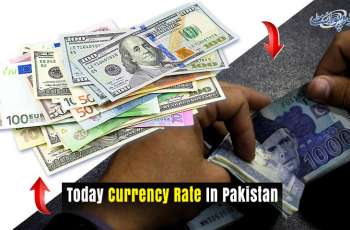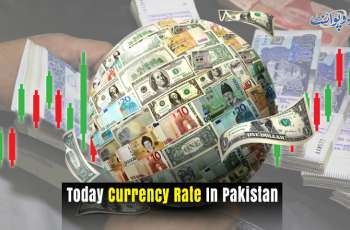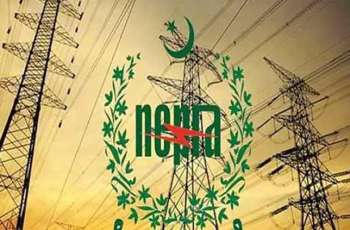MOSCOW (Pakistan Point News / Sputnik - 23rd December, 2020) The Lebanese economy is unlikely to recover next year, with or without the anticipated International Monetary Fund (IMF) bailout package, Professor Pierre Al-Khoury, the board secretary of the Lebanese Economic Association, told Sputnik.
"The Lebanese economy is expected to keep struggling despite any possible formation of a new government or any possible agreement with the IMF and the international community ... The IMF contribution is designed to help those who are willing to help themselves, and without clear vision for good governance structural reforms programs may turn into hell," Al-Khoury said.
Engulfed by widespread civil unrest and an ongoing economic crisis, the Lebanese political elite has been unable to form a new government since the country's last Prime Minister, Hassan Diab, resigned in the aftermath of the deadly August 4 Beirut port explosion, rendering the country unable to take the first step in unlocking an IMF bailout package.
"The Lebanese lira [pound] will keep reflecting the dangerous consequences of the political situation, collapsed economy and absence of good prospects. More businesses will shut down, hyperinflation, unemployment to above 50 percent and poverty to above 60 percent," Al-Khoury added.
Described as the most severe in the Mediterranean nation's history, the crisis, plaguing Lebanon since the fall of 2019, has impoverished over 50 percent of the population, with a UN report published earlier in August indicating that 2.7 million Lebanese now live below the poverty line. These numbers are expected to increase as authorities gear up to lift the remaining subsidies on basic commodities at the beginning of next year, amid a protracted political crisis in Lebanon.
Al-Khoury went on to suggest that, lacking immunity to foreign interference, Lebanon's leadership is unlikely to hatch an economic recovery play for the country's ailing economy in the coming year.
"The crucial geopolitical situation based on regional and international struggles associated with the lack of political immunity to hedge against foreign interference, makes it almost impossible to see a possible road map to bailout the economy," Al-Khoury said.
The expert argued that the existing economic crisis was by no means reversible without years of strict reforms and political stability.
"Lebanon still has a long road to cross until a new leadership may arise from this lost situation. It is now evident that the current leadership has risked even the existence of the country not only the economy," Al-Khoury added.
Historically divided among its 18 officially-recognized religious groups, Lebanon's political landscape has been the subject of foreign interference since before the country's independence, with local elites seeking foreign patronage to resolve internal rivalries. This trend culminated in a 15 year-long civil war, the implications of which are still felt across Lebanese society.



